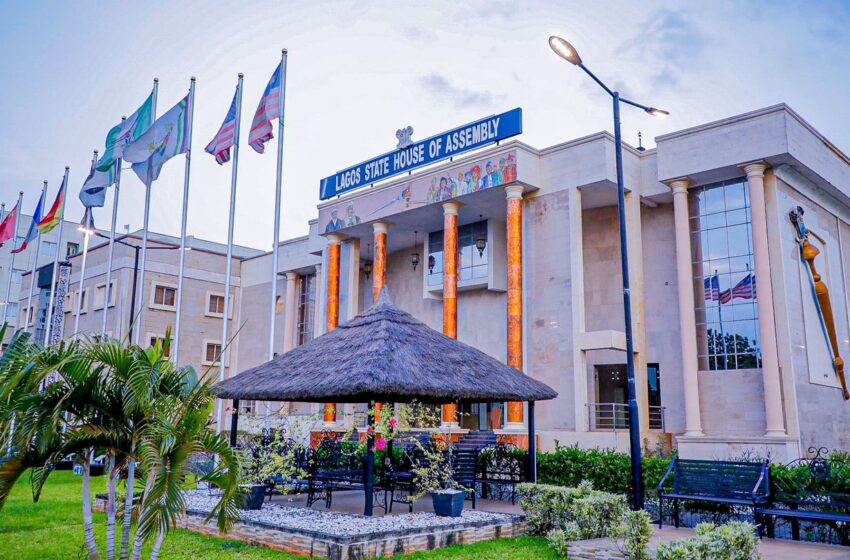Lagos Tenancy Bill passes second reading: What it means for tenants

Lagos Tenancy Bill clears second reading in Assembly
The Lagos State Tenancy Bill has officially passed its second reading in the Lagos State House of Assembly, setting the stage for what could become the most impactful reform of landlord-tenant relations in the state in over a decade.
Designed to curb arbitrary rent practices, reduce disputes, and ensure fair treatment of tenants, the proposed legislation has gained widespread attention among landlords, tenants, legal experts, and housing advocates alike.
What Is the Lagos Tenancy Bill About?
The bill, sponsored by Speaker Mudashiru Obasa, seeks to update the current Tenancy Law of Lagos State (2011), addressing long-standing issues such as:
- Multiple rent demands,
- Unjustified evictions,
- Lack of written tenancy agreements,
- And absence of clear dispute resolution mechanisms.
According to Obasa, the law is “not designed to punish landlords but to ensure a balanced and regulated relationship between them and tenants.”
Key Provisions in the Proposed Bill
Some of the notable features of the proposed bill include:
- Mandatory written tenancy agreements for all rental agreements, regardless of rent amount.
- Rent receipts must be issued by landlords for every payment made.
- Standard notice periods for evictions to avoid sudden displacement.
- Creation of a Tenancy Arbitration Committee to mediate disputes.
- Clear guidelines on the rights and obligations of both landlords and tenants.
The bill also proposes penalties for landlords who breach agreed terms or violate tenants’ rights, particularly in cases of unlawful eviction or failure to maintain habitable living conditions.
Why the Bill Matters for Tenants
For millions of tenants across Lagos, the bill could bring long-awaited protection from exploitative rental practices. Many tenants have long complained about being forced to pay two to three years’ rent upfront, sudden rent hikes, and verbal-only rental agreements that provide no legal protection.
Housing rights groups have welcomed the bill, noting that low-income and informal sector renters stand to benefit the most.
Landlord Reactions: Support Mixed with Caution
While some landlords agree with the principle of fairness, others have expressed concern that the bill could limit their control over property decisions or introduce bureaucratic hurdles.
The bill aims to address these concerns by clearly outlining tenant obligations, including timely rent payments, property upkeep, and proper notice for termination of lease.
READ ALSO
NELFUND resumes student upkeep payment: Who is eligible and how to access It
Anioma State: What you need to know about Nigeria’s proposed 37th state
Next Steps: Public Hearing and Final Passage
With the second reading complete, the bill has been committed to the Committee on Housing for further review. A public hearing will be scheduled to gather feedback from stakeholders, including landlords, tenants, real estate professionals, and legal experts.
If passed into law, the bill will replace the existing 2011 tenancy law and become legally binding across all residential and commercial rental spaces in Lagos.
The Bigger Picture: Rent Control vs Affordable Housing
Some critics argue that while the bill addresses rental conduct, it does not solve the root problem of housing affordability. With Lagos’ population exceeding 22 million and housing supply lagging behind, rent prices remain high due to demand pressures.
Speaker Obasa acknowledged this concern, noting that the Assembly is also considering policies that will encourage housing development, subsidized rentals, and urban renewal programs.
“Regulation is one part of the solution; increasing housing supply is the other,” he said during plenary.
A Landmark Move Toward Housing Fairness
As Lagos continues to evolve into a mega-city, reforming tenancy laws has become a necessary step in balancing the rights of landlords with the realities of tenants.
The Lagos Tenancy Bill, if passed into law, could become a model framework for other Nigerian states facing similar urban housing challenges.
Stakeholders are encouraged to follow the legislative process and make their voices heard during the upcoming public consultation phase.

